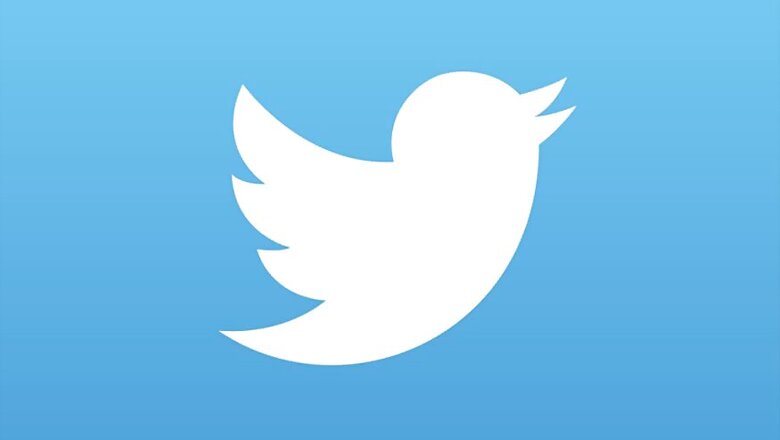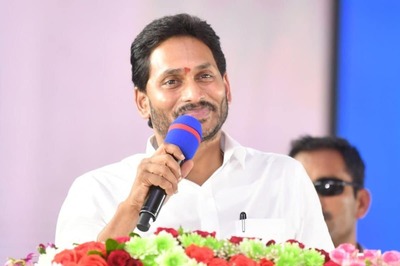
views
On Friday, November 1, the Twitter account of Dilip Mandal, an academic, journalist and activist who highlights social justice causes for SC, ST, OBC and Dalit communities, was banned citing violation of Twitter's privacy policy. The case in point was a previous tweet by Mandal from earlier this year, when he had tweeted regarding a booklet and included the respective author's contact details, with express permission. As word began to spread regarding the sudden ban, a bigger issue came to the fore — Twitter's apparent casteism and digital marginalisation.
While Mandal's account was restored by Saturday and Twitter even proceeded to verify his account, the voice of protest far from died down. Instead, it expanded all across the platform, leading to #cancelallBlueTicksinIndia going viral on Twitter through Monday and Tuesday. As numerous activists joined in, hashtags such as #TwitterHatesSCSTOBCMuslims, #CasteistTwitter and #SackManishMaheshwari reached the top of trends through various times of the day. The end objective of the Twitter trends was to bring to light certain operational trends from Twitter that happen to reflect on what may be termed as discriminatory practices on the basis of caste, creed and religion.
On this note, many have voiced concerns regarding Twitter only verifying users that belong to a particular strata of the society — a disturbing thought for a responsible social medium, if proven to be true. While Twitter had opened a public account verification process for some time, it has since shut the process down. A tweet from Twitter Support dating back to November 2017 reads, "Verification was meant to authenticate identity and voice but it is interpreted as an endorsement or an indicator of importance. We recognise that we have created this confusion and need to resolve it." However, the company also stated that addressing the issue of public account verification is not on its priority list right now, leaving the supposed confusion hung in mid-air.
The question that hence comes forth is why certain users with steady following and clear recognition in their fields of work have so far not been verified. Allegations made against Twitter include deliberate stifling of profiles based on caste, religious discrimination when it comes to verifying accounts, and using the 'blue tick' of verification as a hierarchy mechanism among Twitter users. While Twitter's own words, rules and policies are strongly against these, the practical proof of such practices refuse to go away in light of accounts such as Pa. Ranjith, Hansraj Meena and more still remaining unverified despite being publicly recognised voices with strong following.
In a statement shared by a Twitter spokesperson with News18, the company says, "Our commitment to inclusion and diversity is fundamental to who we are at Twitter and crucial to the effectiveness of our service. Members of marginalised groups come to Twitter every day to express themselves, shed light on important issues, and join a community of allies. As we have publicly stated on a number of occasions, our public verification process is currently closed. However, on a case-by-case basis we do verify people who are active in the public conversation on Twitter. For example, we work with political parties to verify candidates, elected officials, and relevant party officials around the time of elections. We have a dedicated global process for managing these selected verifications."
With Twitter citing a "case-by-case" basis of verifying users, the company's statement further raises the question of how might one of the biggest social media platforms of the world missed out on a particularly sensitive segment of our society. Going by present trends on the platform, Twitter's statement on the matter will do far from alleviating concerns raised by various communities on the platform, regarding how it treats its users. As social media continues to play an ever-increasing role in our lives, behemoths such as Twitter will need to provide a far more conclusive evidence of inclusive practices when it comes to providing an open platform for voices that have been marginalised for long, than simply state on-paper regulations that it has put in place.




















Comments
0 comment